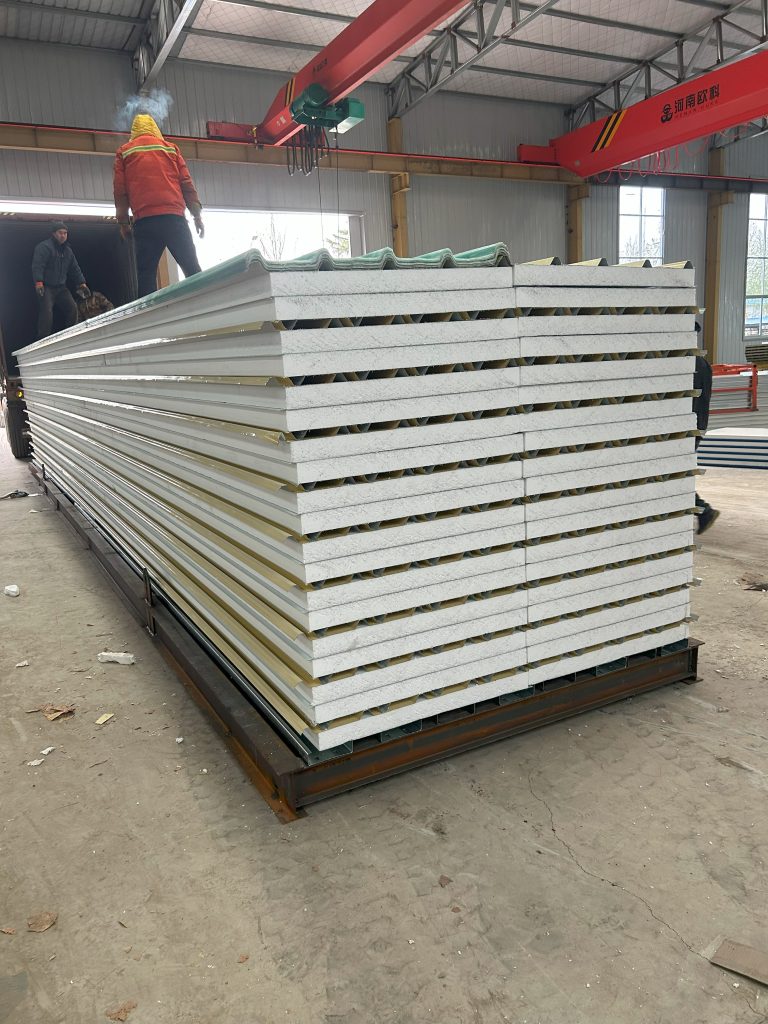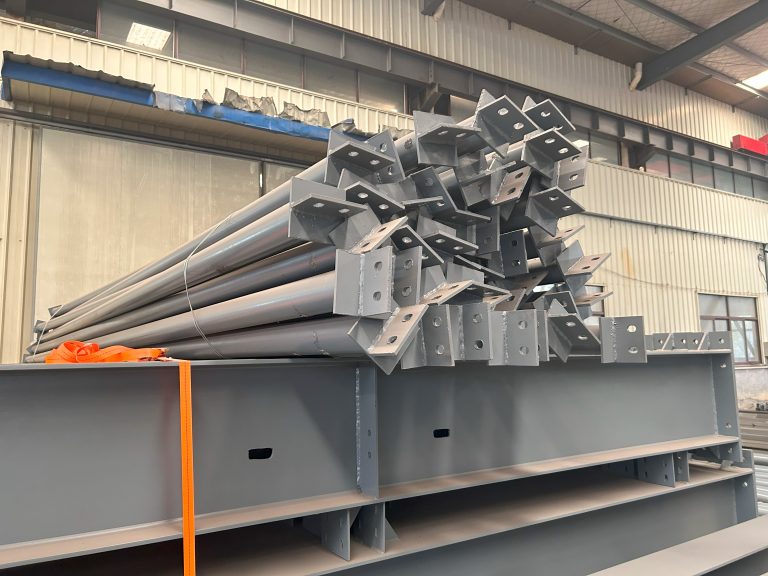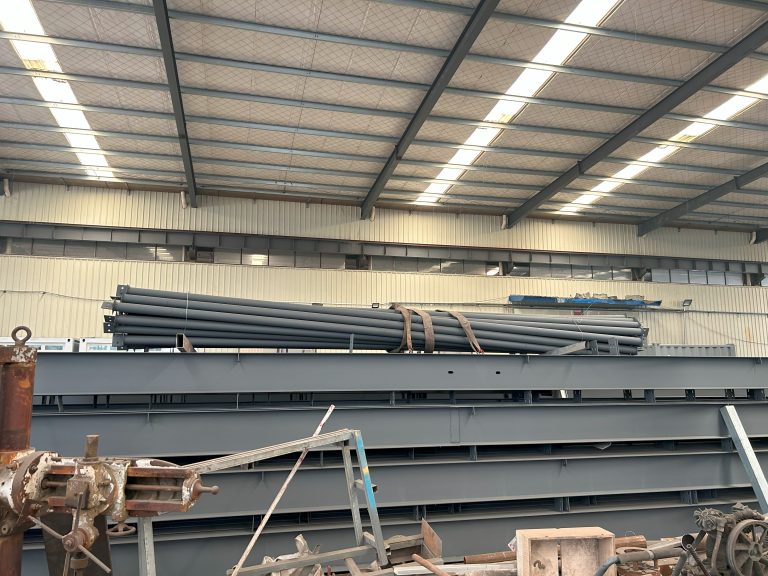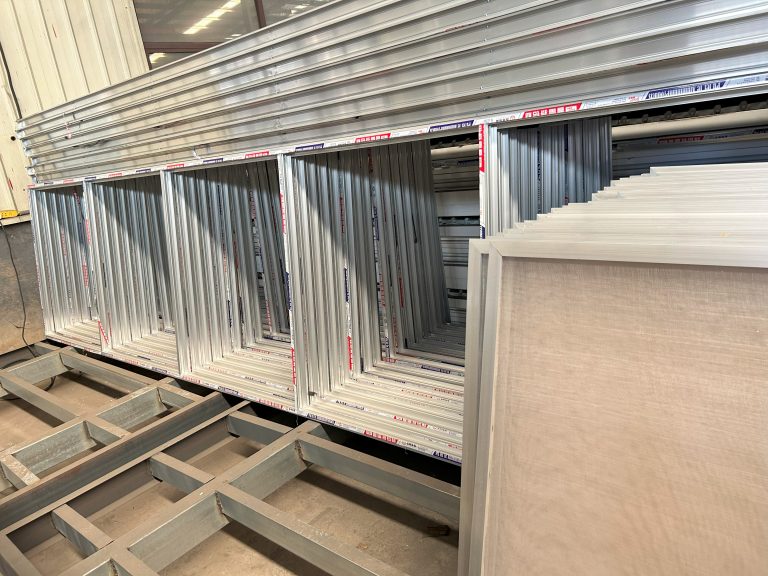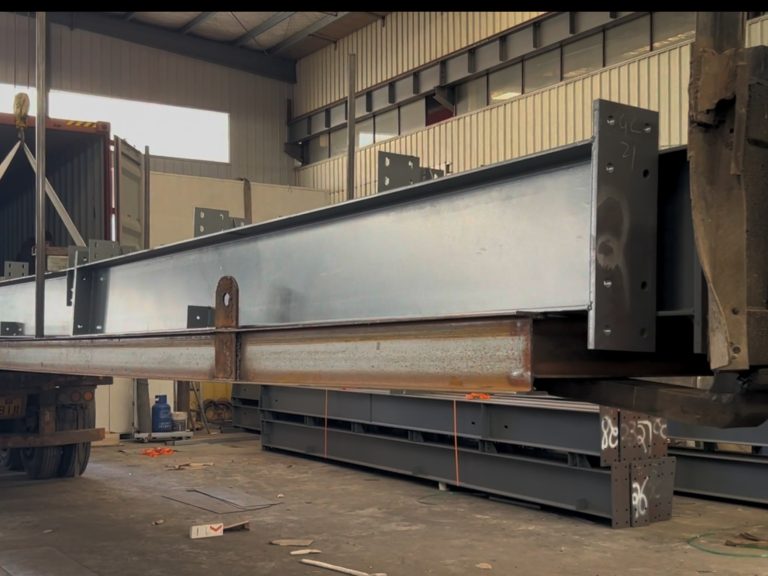Economic benefit analysis of container house as temporary storage facility
Table of Contents
Cost Savings of Using Container Houses for Temporary Storage
Container houses have gained popularity in recent years as an innovative and cost-effective solution for temporary storage needs. These structures, made from repurposed shipping containers, offer a number of advantages over traditional storage facilities. One of the key benefits of using container houses for temporary storage is the significant cost savings that can be achieved.

When considering the economic benefits of using container houses for temporary storage, it is important to take into account the initial cost of purchasing or renting the containers. Compared to building a traditional storage facility from scratch, container houses are a much more affordable option. Shipping containers are readily available and can be purchased at a fraction of the cost of constructing a new building. Additionally, container houses can be easily transported and assembled on-site, further reducing construction costs.
In addition to the lower upfront costs, container houses also offer savings in terms of maintenance and upkeep. These structures are designed to withstand harsh weather conditions and are highly durable, requiring minimal maintenance over time. Traditional storage facilities, on the other hand, often require regular maintenance and repairs, which can add up to significant costs over the lifespan of the building.
Another economic benefit of using container houses for temporary storage is the flexibility they offer in terms of scalability. Container houses can be easily expanded or modified to accommodate changing storage needs. This means that businesses can adjust their storage capacity as needed without having to invest in costly renovations or expansions. In contrast, traditional storage facilities may require significant time and resources to expand or reconfigure, making them less flexible and more costly in the long run.
Furthermore, container houses are a sustainable and environmentally friendly storage solution, which can lead to additional cost savings. By repurposing shipping containers, businesses can reduce their carbon footprint and contribute to a more sustainable economy. Additionally, container houses can be outfitted with energy-efficient features such as solar panels or insulation, further reducing operating costs over time.
In terms of operational costs, container houses offer savings in terms of transportation and logistics. These structures can be easily transported to different locations, allowing businesses to store goods closer to their point of use. This can result in reduced transportation costs and faster access to stored items, leading to increased efficiency and productivity.
Overall, the economic benefits of using container houses for temporary storage are clear. From lower upfront costs to reduced maintenance and operational expenses, container houses offer a cost-effective and flexible solution for businesses looking to meet their storage needs. By taking advantage of the affordability, durability, and scalability of container houses, businesses can achieve significant cost savings and improve their bottom line. As the demand for temporary storage solutions continues to grow, container houses are likely to become an increasingly popular choice for businesses looking to optimize their storage operations.
Environmental Impact of Container Houses as Temporary Storage Solutions
Container houses have gained popularity in recent years as an innovative and cost-effective solution for temporary storage needs. These structures, made from repurposed shipping containers, offer a sustainable and environmentally friendly alternative to traditional storage facilities. In this article, we will explore the economic benefits of using container houses as temporary storage facilities and analyze their impact on the environment.
One of the primary advantages of using container houses for temporary storage is their affordability. Compared to building a traditional storage facility from scratch, repurposing shipping containers is a much more cost-effective option. The materials used to construct container houses are readily available and relatively inexpensive, making them an attractive choice for businesses and organizations looking to save money on storage solutions.
In addition to their affordability, container houses are also highly versatile and can be easily customized to meet specific storage needs. These structures can be modified with shelves, racks, and other storage solutions to maximize space and efficiency. This flexibility allows businesses to adapt their storage facilities to changing needs without incurring significant costs.
Furthermore, container houses are portable and can be easily relocated to different sites as needed. This mobility makes them an ideal solution for temporary storage needs, such as during a renovation or construction project. Instead of investing in a permanent storage facility that may not be needed in the long term, businesses can opt for container houses that can be moved and repurposed as required.
From an environmental perspective, container houses offer several benefits over traditional storage facilities. By repurposing shipping containers that would otherwise be discarded, these structures help reduce waste and promote sustainability. Additionally, the construction of container houses typically requires fewer resources and produces less waste than building a traditional storage facility, further minimizing their environmental impact.
Container houses are also energy-efficient, with many designs incorporating features such as insulation and natural lighting to reduce energy consumption. This not only helps lower operating costs but also reduces the carbon footprint of the storage facility. By choosing container houses as temporary storage solutions, businesses can demonstrate their commitment to environmental responsibility and sustainability.
In conclusion, the economic benefits of using container houses as temporary storage facilities are clear. These structures offer a cost-effective and versatile solution for businesses and organizations looking to meet their storage needs without breaking the bank. Additionally, container houses have a positive impact on the environment, promoting sustainability and reducing waste in the construction industry.
As the demand for temporary storage solutions continues to grow, container houses are likely to become an increasingly popular choice for businesses seeking affordable and sustainable storage options. By considering the economic and environmental benefits of container houses, businesses can make informed decisions about their storage needs and contribute to a more sustainable future.

